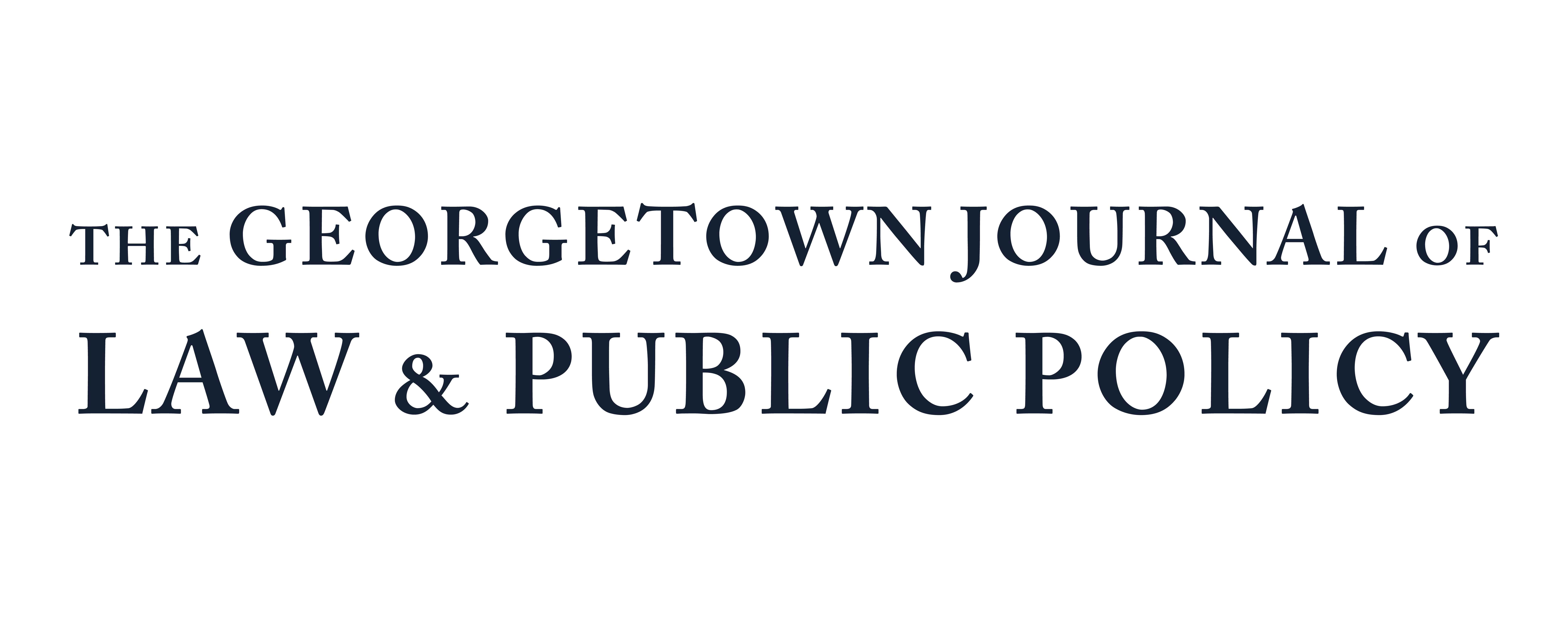Stare (In)decisis: The Elusive Role of Precedent in Originalist Theory & Practice
Marginalized for decades as a frivolous theory, originalism has become the predominant interpretive philosophy on the nation’s highest court. With the confirmation of Justice Amy Coney Barrett, the Supreme Court now boasts a four member “originalist” plurality. While this is certainly a positive development for constitutional jurisprudence, originalism’s ascendancy has brought a much-debated question to the fore. How should the faithful originalist judge contend with erroneous or “atextual” precedents? That is, deep-rooted legal precedents based on interpretations that exceed, contradict, or ignore the Constitution’s original meaning. Originalist scholars and jurists remain deeply divided on this question. Some argue that judges must always overturn atextual precedents regardless of the consequences, while others maintain that the “judicial power” of Article III allows judges to follow atextual precedents under certain conditions. Indeed, this issue looms large over the Court’s upcoming abortion decisions challenging the validity of Roe v. Wade. This Note seeks to encourage further discussion on this critical question by assessing the competing originalist views on stare decisis and exploring the distinct positions on stare decisis embraced by the Supreme Court’s four originalists: Justices Thomas, Gorsuch, Kavanaugh, and Barrett. In this piece, I argue that while originalist judges should overturn atextual precedents, Article III may give judges the power to preserve certain erroneous precedents that have fostered longstanding economic and property-based reliance interests.
Keep Reading Stare (In)decisis: The Elusive Role of Precedent in Originalist Theory & Practice
Subscribe to GJLPP
